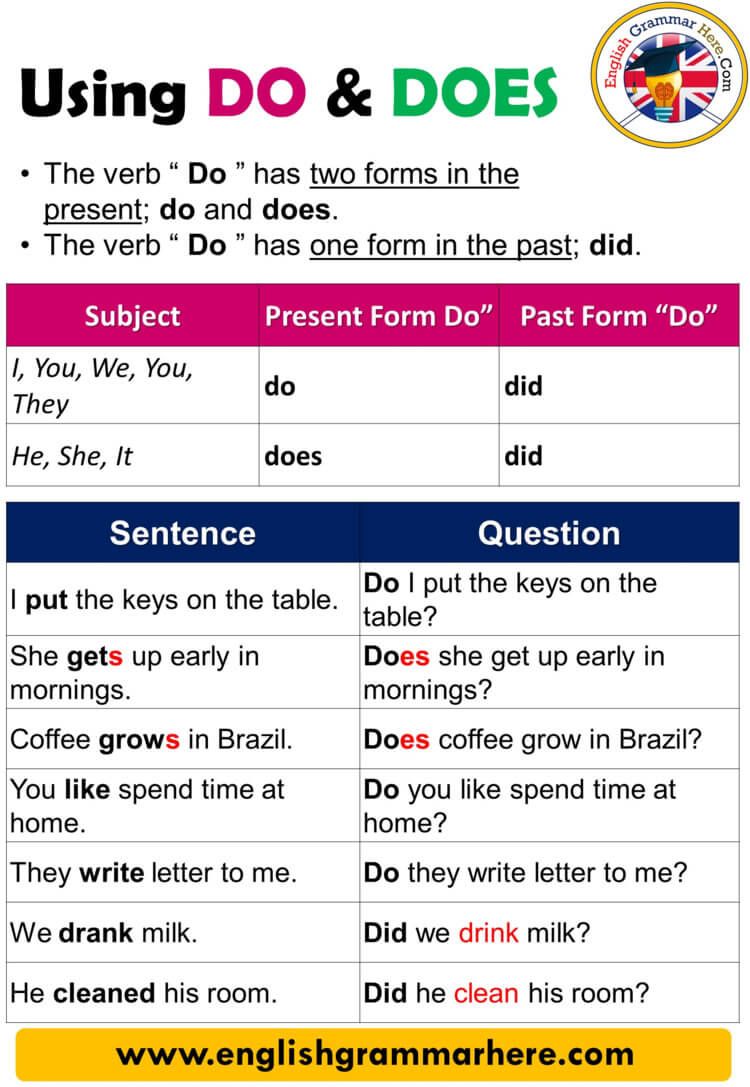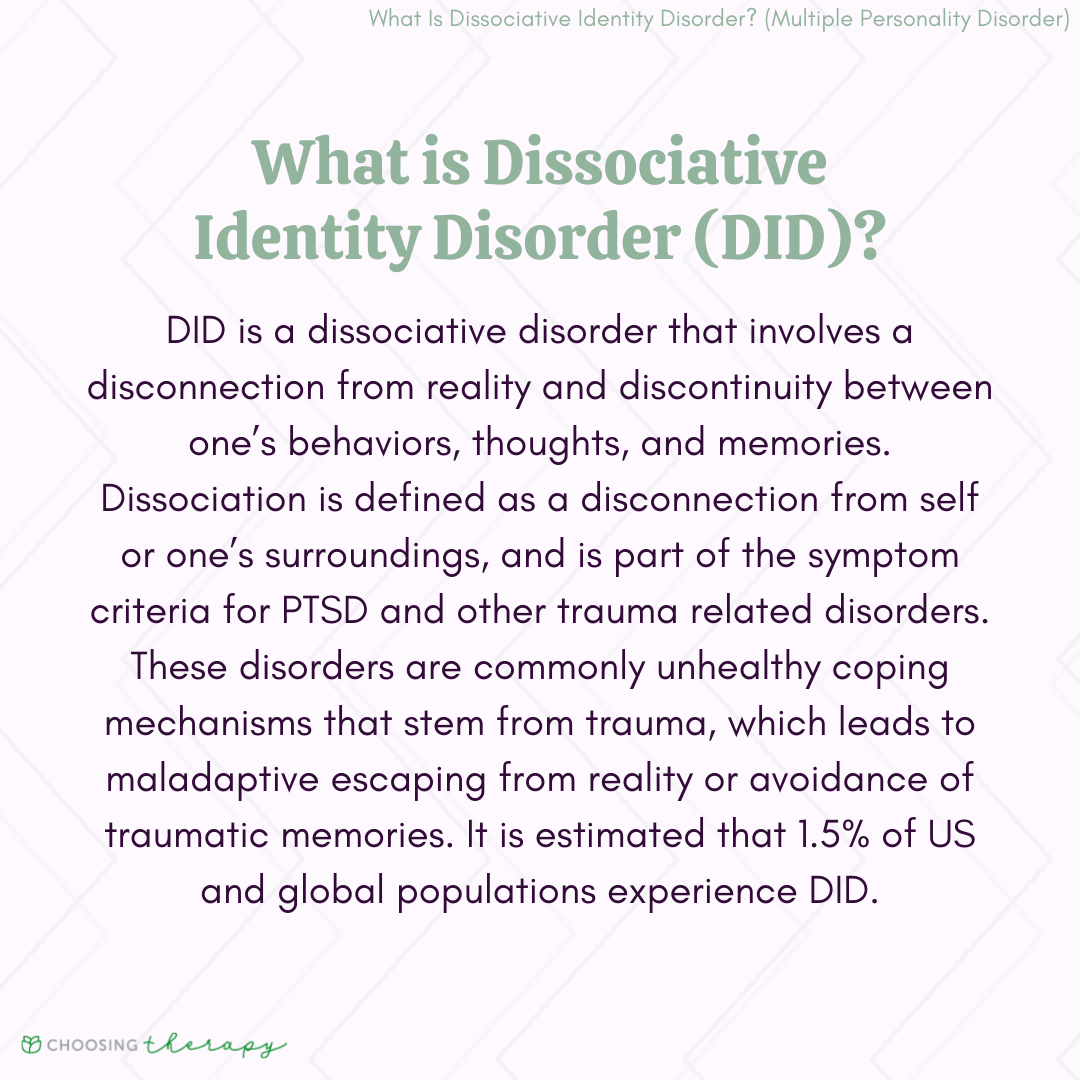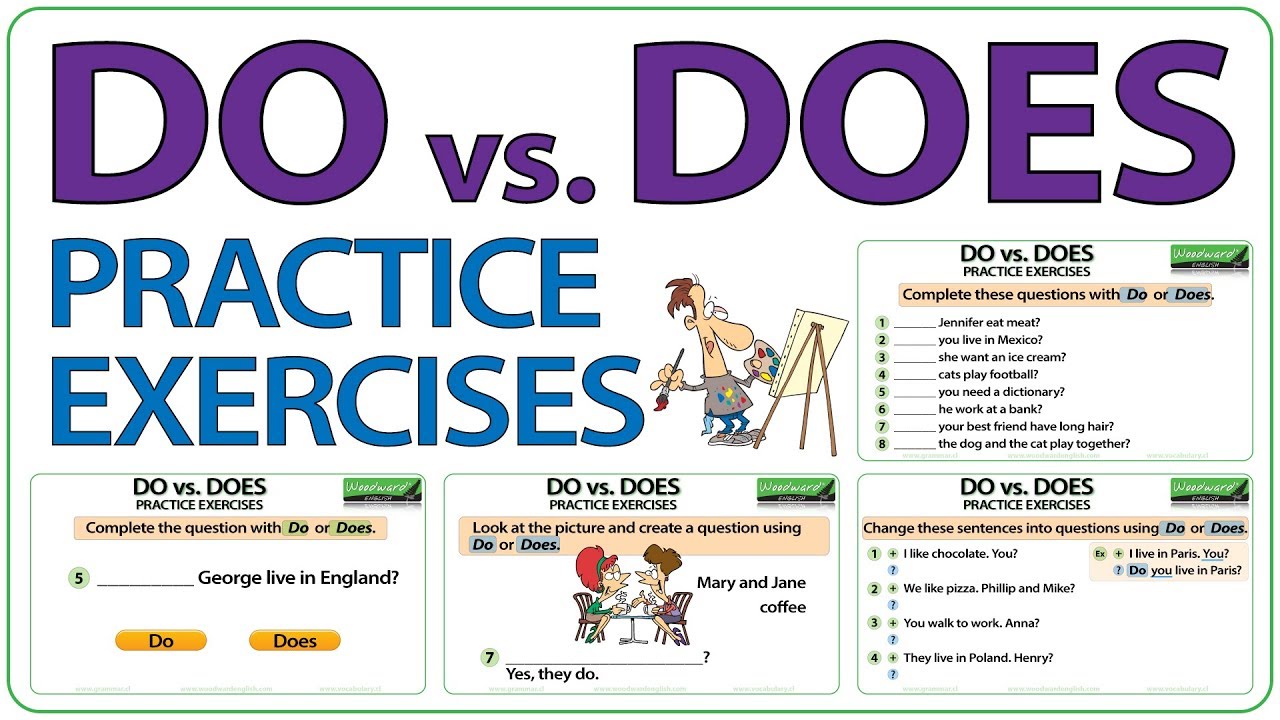Travel Trailer Safety and Edibles: What Every Traveler Needs to Know Before Hitting the Road
Understanding Travel Trailer Passenger Laws: Can You Ride in a Travel Trailer?
Traveling with a travel trailer offers flexibility and comfort, but it’s crucial to understand the legal and safety implications before allowing passengers to ride in the trailer while on the road. In the United States, the legality of riding inside a travel trailer varies by state and is influenced by several factors, including the type of trailer, the age of passengers, and specific safety requirements.
Legal Status Across States
Most states prohibit passengers from riding inside a towable travel trailer while it is being moved, primarily due to safety concerns. State laws generally draw a distinction between different types of recreational vehicles (RVs), such as travel trailers, fifth wheels, and motorhomes. While some states permit passengers in fifth-wheel trailers under stringent requirements, riding in a traditional pull-behind travel trailer is almost universally illegal and highly discouraged for safety reasons [4] .
For example, many states require that any passenger area must have approved safety glass windows, unobstructed entryways, and direct two-way communication with the driver. Even where state law is silent or ambiguous, federal and state seat belt and child restraint regulations still apply. If the trailer is not equipped with safety belts or cannot accommodate child safety seats, allowing passengers inside is likely a violation of the law [3] . Specific requirements for seat belts and child restraints are enforced in all 50 states and U.S. territories [5] .
Safety Risks and Recommendations
Aside from legal risks, riding in a moving travel trailer is dangerous. Trailers offer less structural protection than passenger vehicles, lack crash-tested seating, and are prone to swaying or detaching in emergencies. Passengers are at risk of severe injury from sudden stops, collisions, or even falling objects inside the trailer. For these reasons, even in states where some forms of trailer-riding may be technically permitted, safety experts and insurance providers strongly advise against it [3] .
To maximize safety for all travelers:
- Only allow passengers in the towing vehicle, where federally approved seat belts are available.
- If you must transport passengers in a fifth wheel (where permitted), install seat belts professionally and ensure two-way communication with the driver [1] .
- Reduce driving speed and increase following distance when towing.
- Never allow children or unrestrained adults in any towable trailer.
How to Check State Laws
Because laws vary by state and can change, travelers should consult their state’s Department of Motor Vehicles or highway safety office for current regulations. You can search for “[your state] travel trailer passenger laws” or contact the state DMV directly for guidance. Be sure to check laws not only for your home state but also for any states you plan to travel through.

Source: dreamstime.com
Alternative Options for Safe Family Travel
Families seeking to travel together safely should consider:
- Using a motorhome (Class A, B, or C) with manufacturer-installed seat belts for all passengers.
- Securing child car seats in positions that meet federal standards; always ensure seat belts are attached to the chassis, not just furniture [5] .
- Making regular stops for breaks and rest, rather than allowing sleeping or movement while the vehicle is in motion [4] .
Traveling With Edibles: Legal Considerations and Practical Guidance
Traveling with edible cannabis products (“edibles”) requires careful attention to state and federal laws. The legality of transporting edibles depends on where you are, your destination, and the route you take.
State-by-State Cannabis Laws
In the United States, cannabis laws are determined at the state level. Some states allow possession and use of cannabis, including edibles, for recreational or medical purposes; others prohibit it entirely. Transporting edibles across state lines is a federal offense, even if both states allow recreational cannabis. Federal law still classifies cannabis as a Schedule I controlled substance, and federal jurisdiction applies on interstate highways and in national parks.
Before traveling with edibles, travelers should:
- Research the laws of each state on their route.
- Understand that crossing into a state where possession is illegal, or onto federal land, exposes you to potential criminal charges.
- Be aware of quantity limits in states where possession is permitted.
Practical Steps for Compliance
To minimize legal risk while traveling with edibles:
- Keep edibles in their original, labeled packaging to demonstrate legal purchase.
- Store edibles out of reach while driving, similar to open container alcohol laws.
- If traveling through states where cannabis is illegal, do not carry edibles.
- Never use or consume edibles while operating a vehicle; driving under the influence is illegal everywhere.
For updated information, visit your state’s official website or search for “[state name] cannabis traveling laws”. If you need legal advice, contact a licensed attorney familiar with local cannabis regulations.
Real-World Examples and Challenges
Case studies show that travelers have faced fines, confiscation of products, and even arrest after routine traffic stops where edibles were discovered in states where they are illegal. In some states with legal cannabis, roadside checks still enforce quantity restrictions and impaired driving laws. It’s essential to err on the side of caution and avoid transporting edibles where uncertainty exists.

Source: alamy.com
Alternative Approaches to Traveling With Edibles
If you are traveling to a state where cannabis is legal, consider:
- Purchasing edibles at your destination, rather than transporting them.
- Using non-cannabis alternatives if your travel route includes states with restrictive laws.
- Carrying documentation for medical cannabis, if applicable, but remember this does not guarantee protection outside your home state.
Step-by-Step Guidance for Travelers
- Before your trip, make a list of all states you will traverse and research their travel trailer passenger laws and cannabis possession regulations.
- Contact the Department of Motor Vehicles or state highway patrol for guidance on travel trailer safety laws.
- Plan to transport all passengers in the towing vehicle or a compliant motorhome with seat belts for every occupant.
- If you must travel with edibles, check laws for every state (and any federal lands) on your route and only carry edibles where fully legal.
- Store all edibles as required by state law and out of sight/reach of the driver.
- If in doubt, leave edibles at home or purchase at your destination, and always err on the side of compliance and safety.
Key Takeaways
- Riding in a travel trailer while it is being towed is illegal in most states and unsafe everywhere; always use the towing vehicle for passengers [4] .
- Traveling with edibles is only legal within states that permit cannabis; never carry edibles across state lines or onto federal property.
- Consult state agencies for current laws, and when uncertain, avoid actions that may result in fines or legal trouble.
References
- [1] Camping World Blog (2025). What States Can You Ride in a Travel Trailer or Fifth Wheel?
- [2] The RV Geeks (2025). Can You Ride in a Travel Trailer When It’s Being Towed?
- [3] Progressive (2024). RV Passenger Laws
- [4] Classic Vans (n.d.). RV Safety 101: A Guide to RV Laws & Rules While Traveling
- [5] Outdoorsy (2024). RV Seat Belt and Car Seat Laws For Kids
MORE FROM oncecoupon.com













